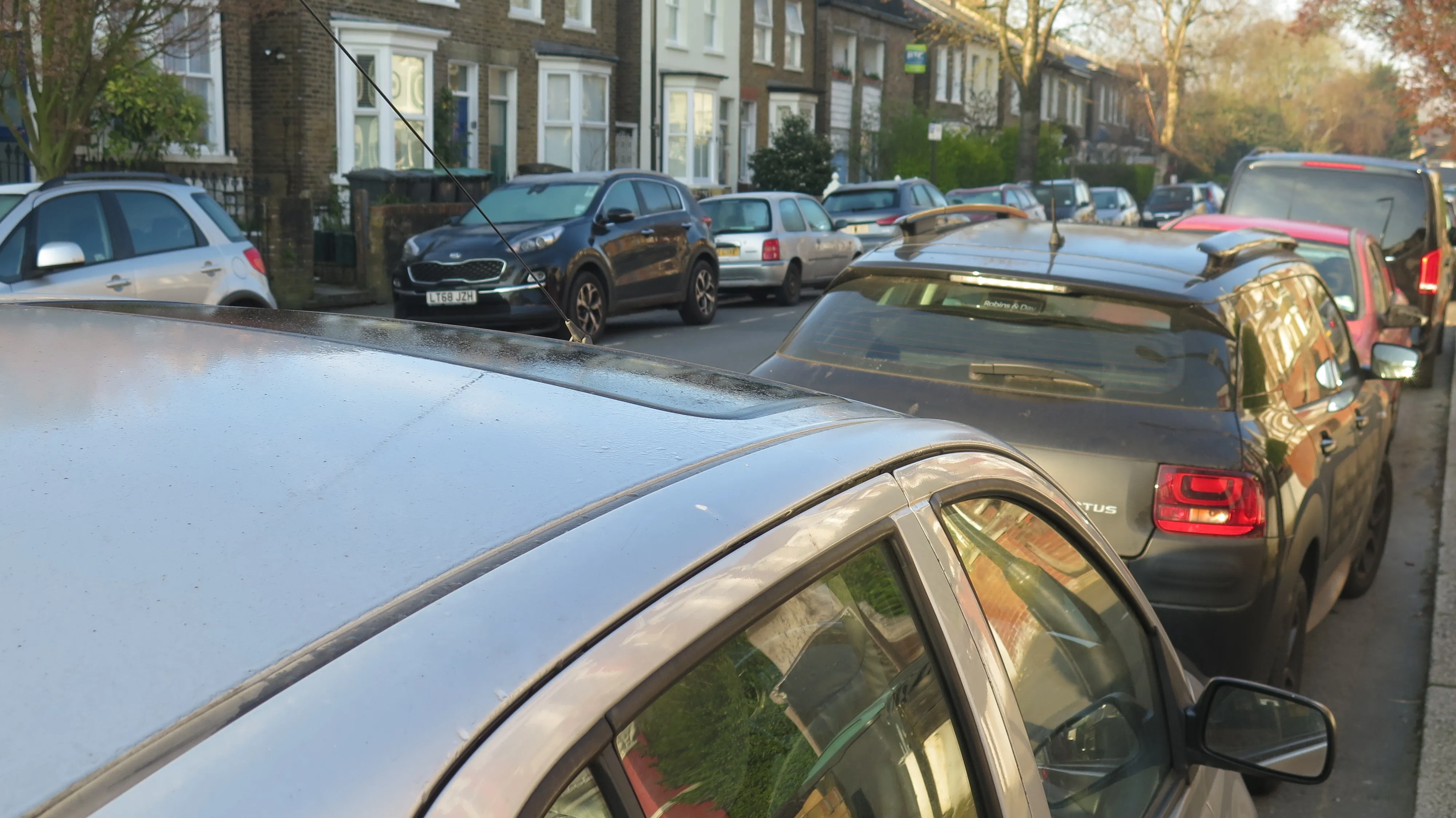
At a roundtable discussion in London, software provider Passport examined new ways in which local authorities can work together to better manage the kerb. Ben Spencer listens in
Competition for kerb space is one of the major conundrums of modern urban mobility. Some authorities are being creative about it, but good practice is not widespread.
“There are individual pockets of good work going on with cities who are doing interesting trials - but none of which are talking or coming together,” says Adam Warnes, vice president of Passport’s UK operations.
Available via application programming interfaces, datasets can be integrated into third-party apps, in the hope that making the data freely available should help improve current services and encourage new transport solutions.
Better services
John McArdle, vice president of the British Parking Association (BPA) insists that car park services for consumers have got better over the last 10-20 years, despite conditions on the streets worsening.
“We don’t need to replace all the cars as you only need to look at what happens during school holidays, when just a few percentage points off the traffic makes a tremendous difference,” McArdle adds.
The BPA is looking into how local authorities store their traffic regulations and wants to jump forward to the next stage – which is to have authorities set out their regulations electronically. “This allows drivers to look up an area where they are scheduled to do a delivery or understand the reasons why they received a parking ticket,” he explains.
This process will also let connected cars determine an on-street parking space for shorter trips - while recognising that a car park might be better suited to trips which require longer-term parking.
Khristian Gutierrez, chief revenue officer & managing partner at Passport, believes the best approach is to provide drivers with the highest confidence that there may be a parking space available at a given time.
The company took part in a US trial using ParkChicago’s app which showed drivers those areas where there are parking surges and those where they can park at a cheaper rate.
“What we found is that the driver is no longer frustrated at the idea of the surge and will stay where they are and pay more. They don’t go for the cheaper rate and just like knowing that the council is not screwing them,” Gutierrez adds.
More reassurance
Matthew Evans, executive director at TechUK, suggested that UK authorities could provide a bit more reassurance on the direction of travel to ease the concerns of local authorities.
“Central government could also provide some guiding principles on what local authorities may need to start thinking about when electric scooters end up on the pavements,” he adds.
Evans refers to the efforts by Greenwich Council in London to bring local authorities together in a bid to secure services and platforms and allow them to lead on their specialised areas. “I think we will see more joint ventures in different areas,” Evans conclu des.
McArdle believes that local authorities should put more data out there for traffic management. “TfL have shown you haven’t got to do it yourself. They did not develop apps for dockless bikes - they just opened the data and people developed apps so that you can find them,” he concludes.
Admittedly, a lot of work is needed to combat the evolving demand for kerbside. The siloed approach in which the country’s local authorities have been operating does not seem to be working.
To maximise the opportunities – especially in terms of data availability - a shift toward collaboration may be needed on a much larger scale.








